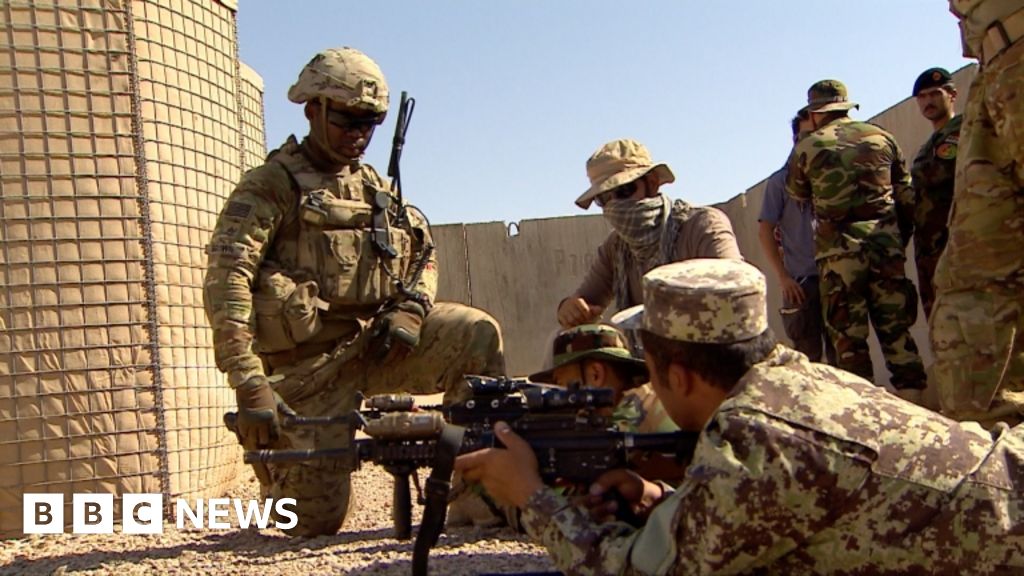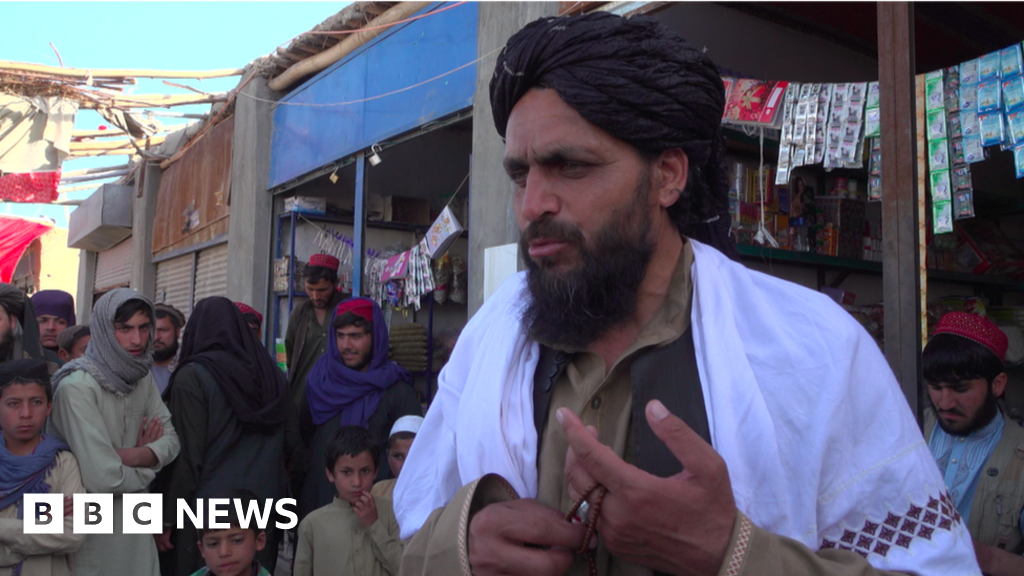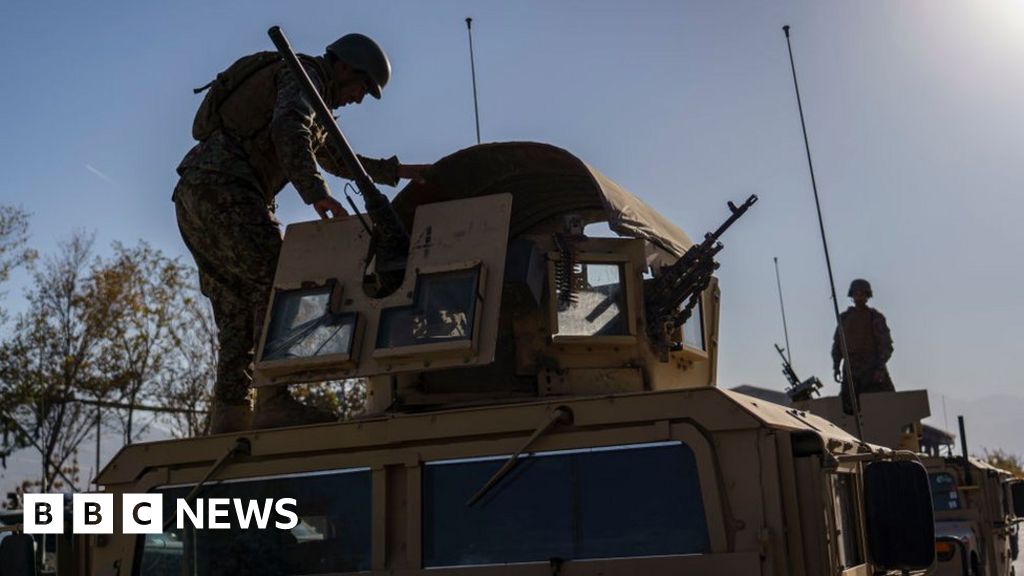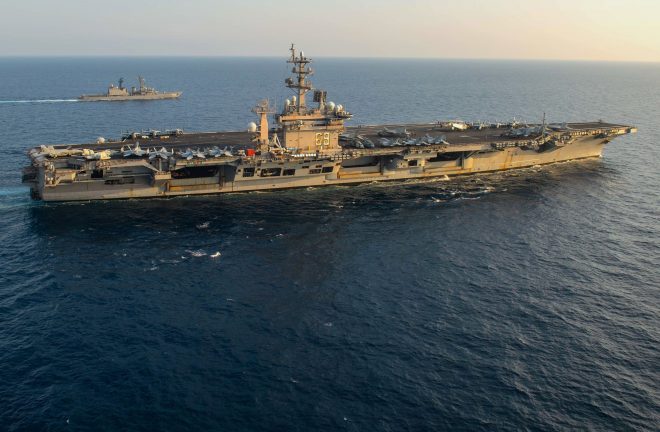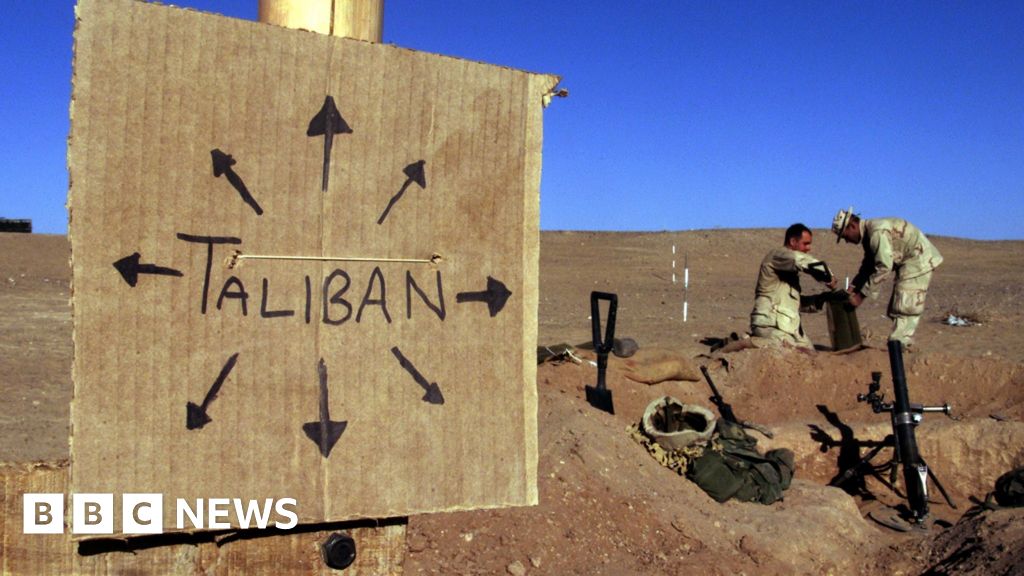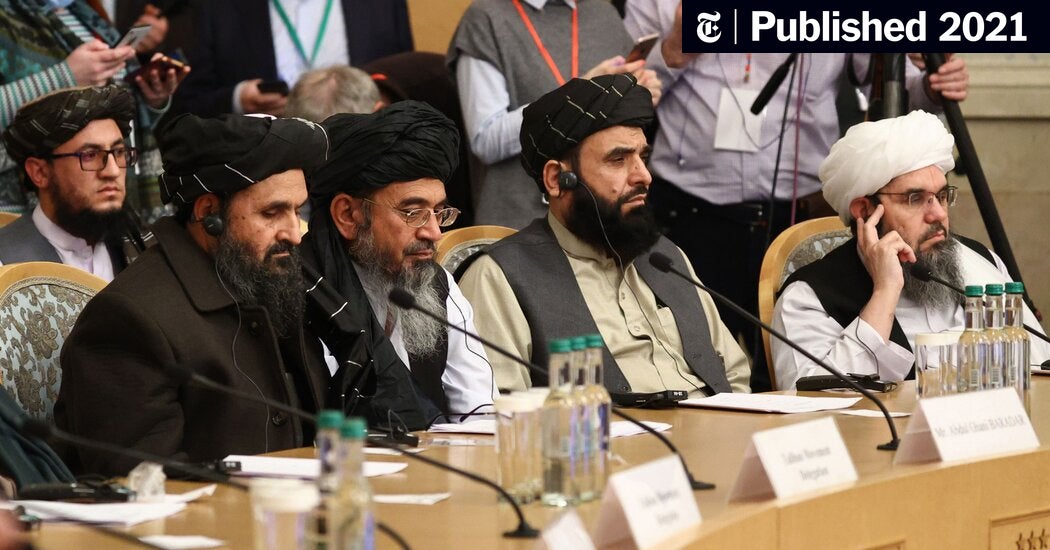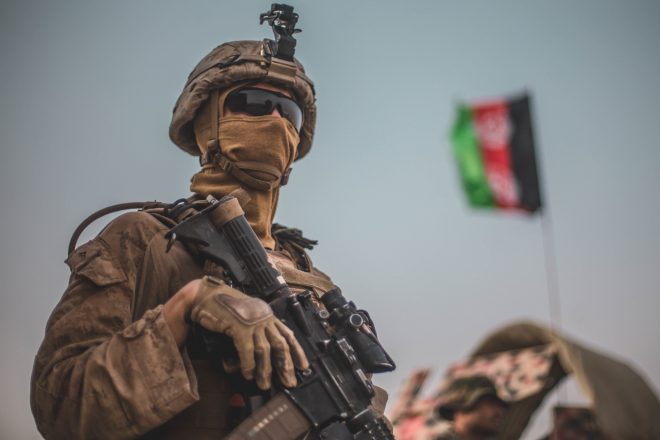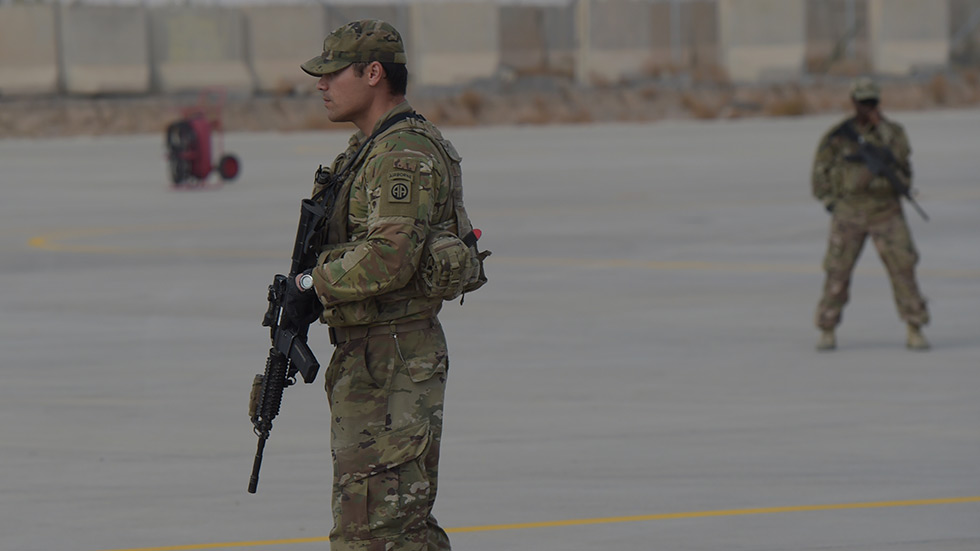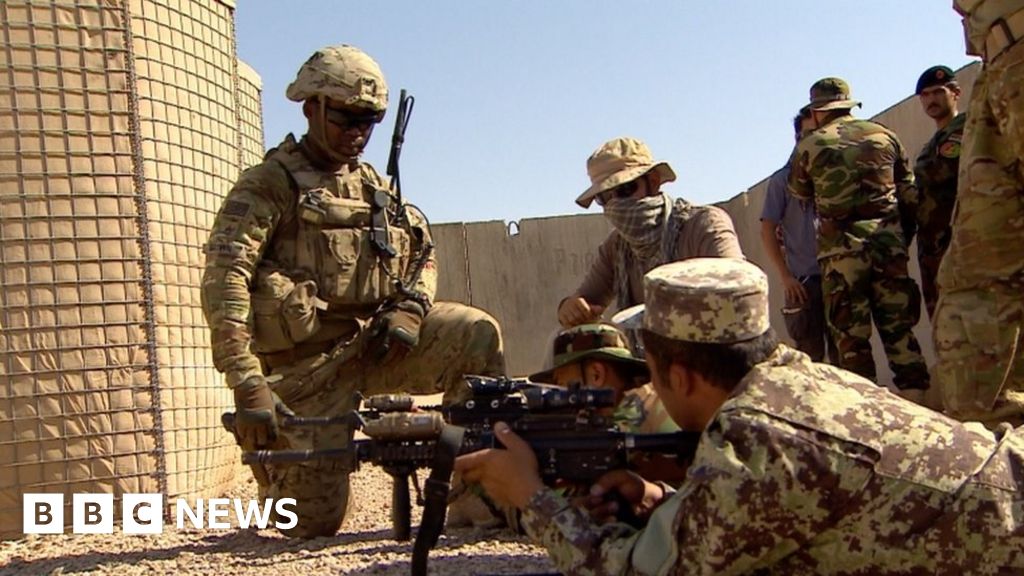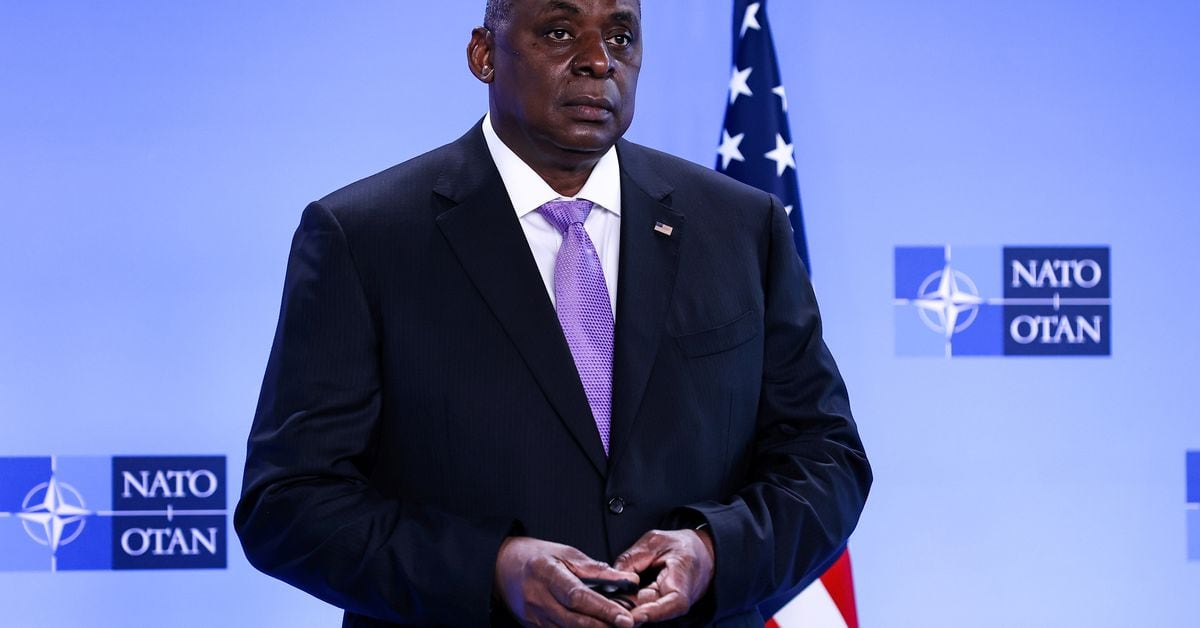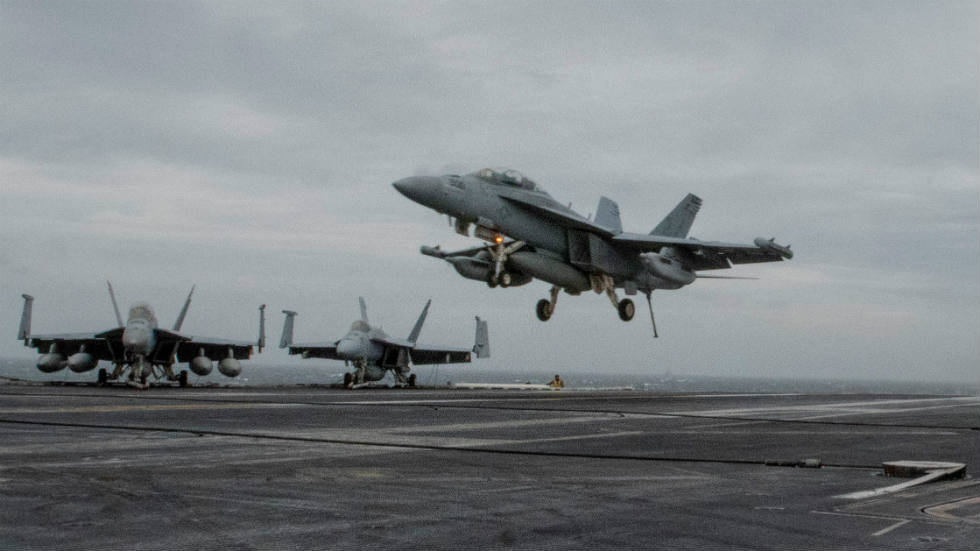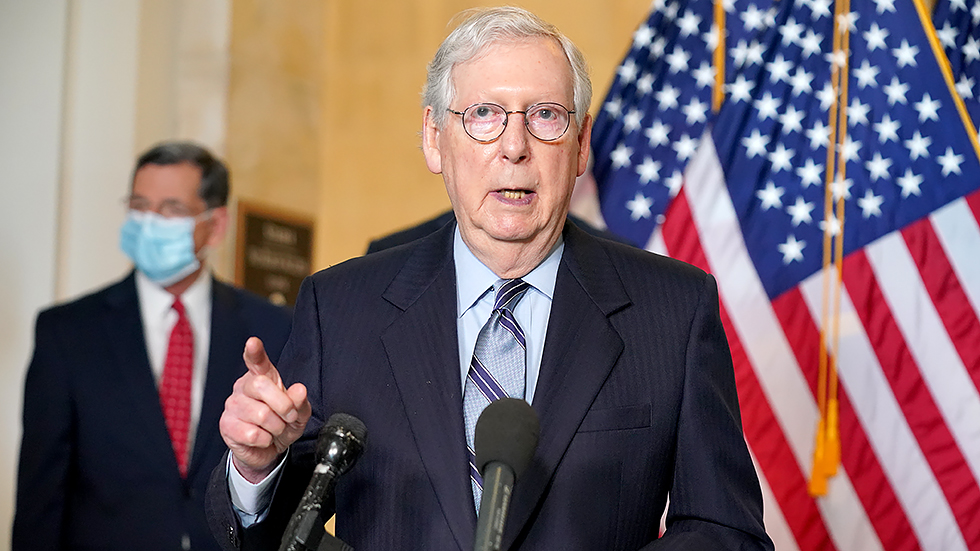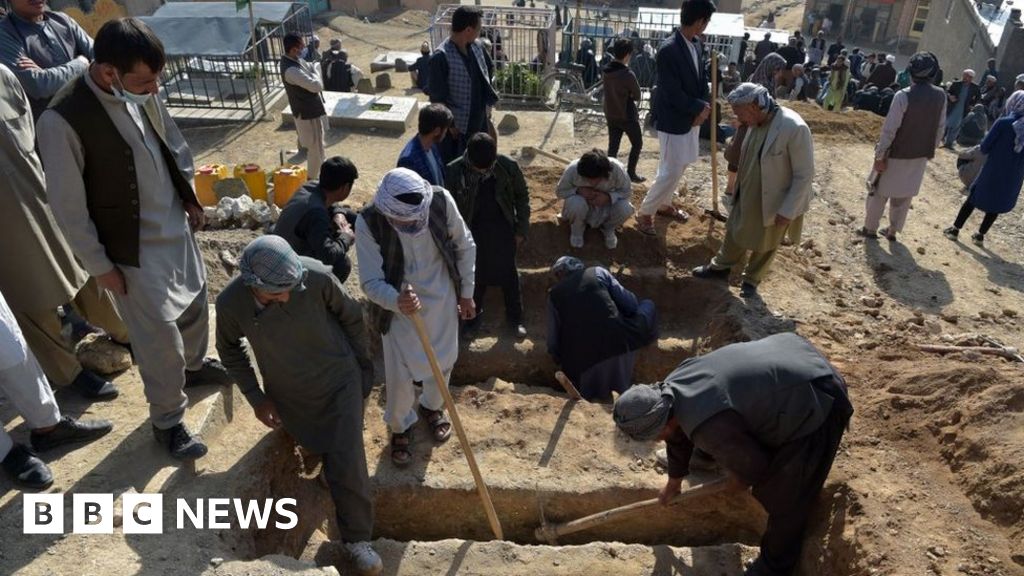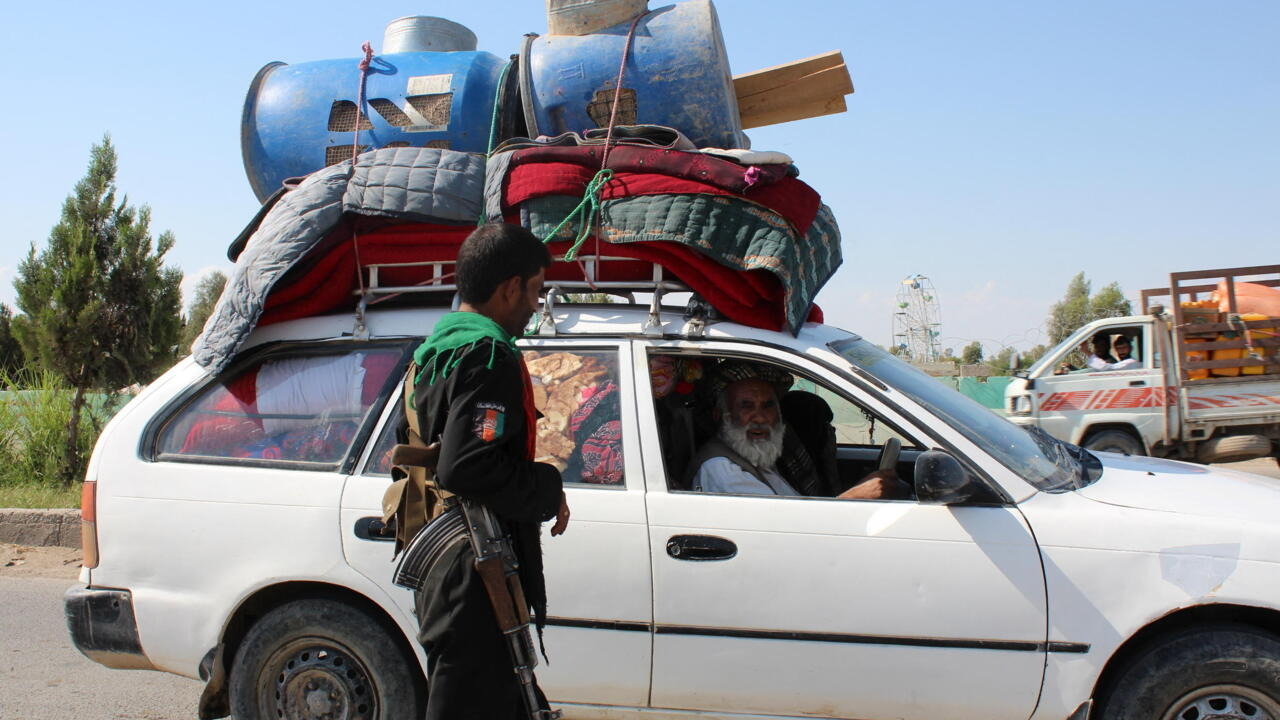In Axios's continuing series "Off the rails" documenting events in the previous White House between Nov 3, 2020 and Jan 6, 2021 Jonathan Swan happens to be reporting on what I'm struggling to even charitably call "policy" on Afghanistan. It sheds at least some light on the state of affairs the Biden administration inherited.
Episode 9:
Trump's war with his generals, May 16, 2021, Axios
On Nov 9, 2020 a rather curt note was sent directly from the Oval Office, eventually for the acting SecDef, instructing the armed forces to "(g)et us out of Afghanistan" (alongside "Iraq", "Syria", "Africa" and a complete withdrawal from "Germany"). This haphazard attempt followed four years of the Pentagon advocating for more resources while more rogue characters pushed proposals like turning the intervention into a kind of for-profit privatized effort.
Nothing much had come of anything as responsibility for any decisions was constantly being delegated down the command chain and barring that, commands weren't given. Never shy of making things personal between leaders of any stripe though, in the spring of 2020, the former president did have an unprecedented phone conversation with Taliban's leader, Mullah Abdul Ghani Baradar. The accounts that Swan could elicit of what was said on that call vary widely.
It's only in the waning days of 2020 when the administration was becoming its most devoid of seasoned professionals that a more unrestrained, unilateral instinct - including Afghanistan - took over. Even so, as the acting SecDef on receiving the imperially short and devoid of details list essentially balked at the prospect of withdrawing with only weeks to spare he was rather summarily fired.
His replacement, aided by a slew of other last minute but to-obviously-remain-brief appointments in Pentagon, then set out to essentially seek the best "withdrawal bargain" he could achieve. Even as available logistics were a limiting factor a chaotic (and what to most career military must have seemed pointless) drawdown from 4500 to 2500 troops was basically stumbled upon. In a manner already characteristic of the former administration about the flow of these decisions, NATO allies and Congress weren't being consulted or briefed in advance.
The state of play facing the Biden administration was essentially having a threadbare tripwire force on the ground. The trouble with tripwires in a place like Afghanistan though, is that there are "trippers" aplenty who can remain mostly secure in the knowledge that the country's borders only contain NATO/US forces while they have a range of essentially safe escalation options. While wider conflicts in the area remain possible, I can't remember anyone suggesting Afghanistan as an advantageous strategic position to face and seriously take on those threats.
Forget the now laughably undeniable Russian forces in their "polite green men" guise that could threaten, say, Ukraine or the Baltics: The role of Pakistan's ISI in the Taliban is opaque at best, Russia's notorious GRU unit 29155 seems to be operating at least not-quite-yet-actionably in the area (the issue of bounties on US troops), Iran has no dearth of paramilitaries to choose from, and so forth. Corrupt entities, however hard it is do define those in the prevailing context, have also benefited from the attention of foreign interventionists and the occasional attrition of their ostensible compatriots.
As said, I don't profess to know what will happen and in what time frame. But build on this we must, with whatever remains, hopefully much more consciously than before.

